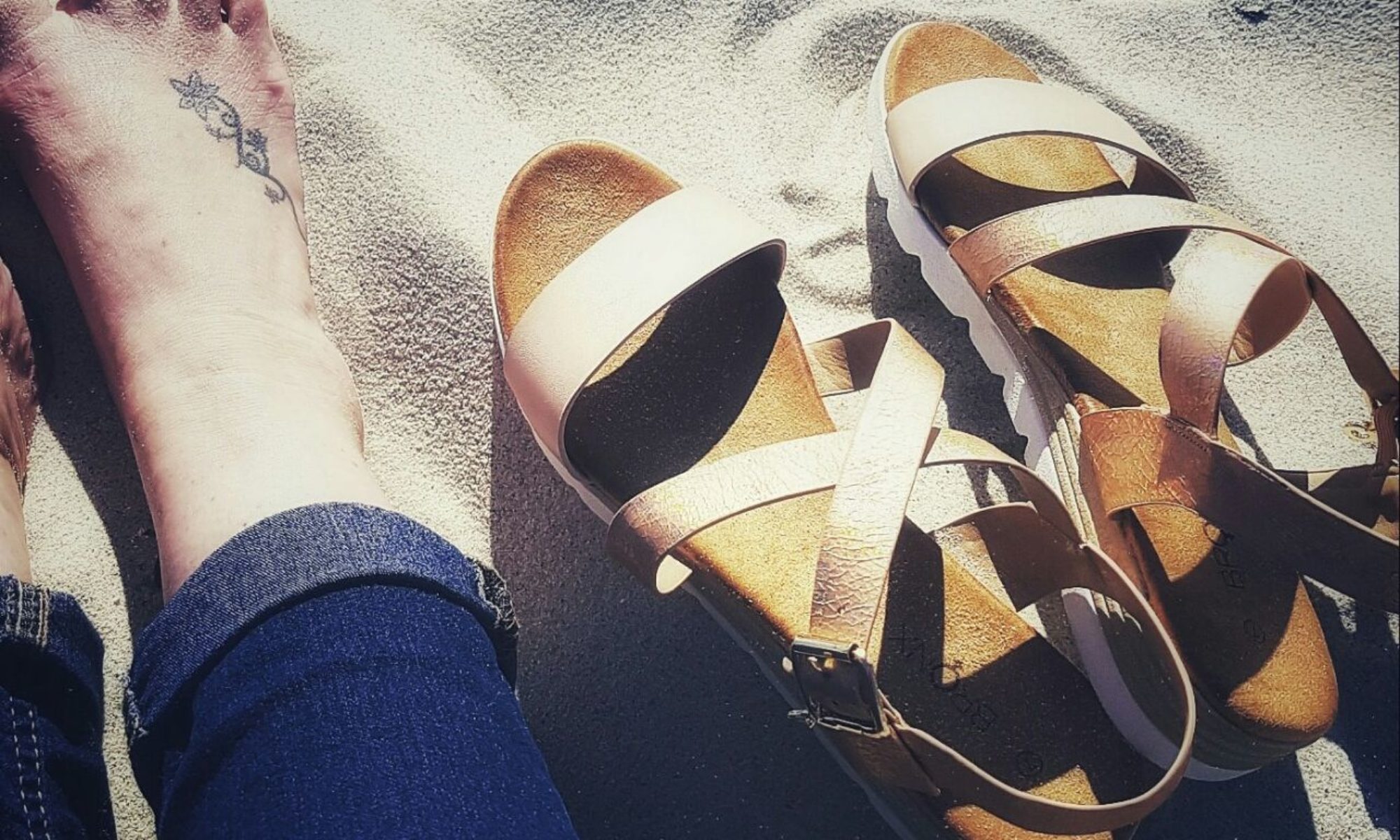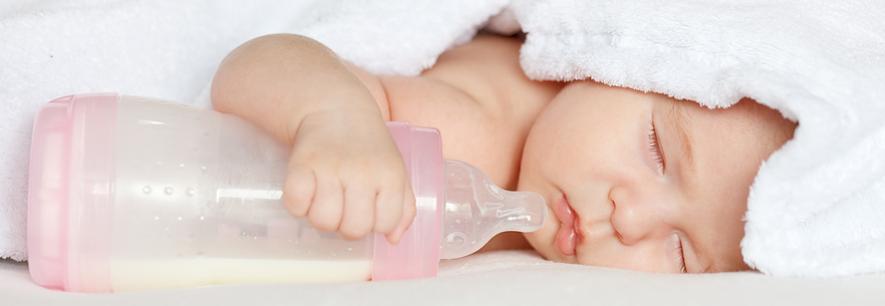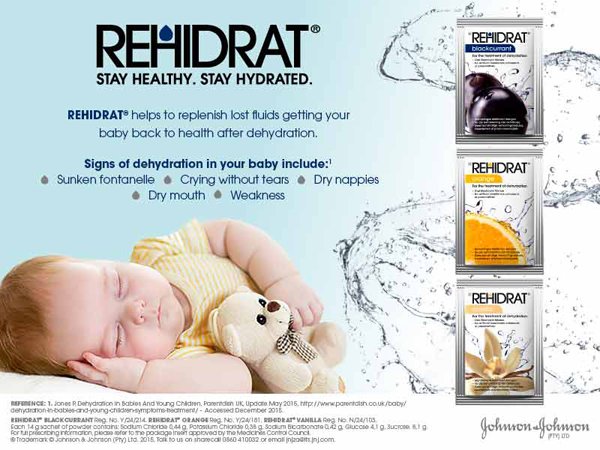Winter is fast approaching and it seems that colds and flu have already hit the kids hard. Here in Cape Town at least. There is also a tummy bug doing the rounds. Three of Cara’s class mates were at home last week with severe diarrhoea. It is very scary when these little ones, especially babies, get so sick as the chance of dehydration is so real.
Dehydration occurs when fluids leave the body faster than it is being replaced. When this happens, it upsets the balance of minerals that enable all parts of the body to function optimally.
Babies and young children are very sensitive to fluid loss and it is extremely important that parents are aware of the signs.
What are the signs of dehydration in babies and young children?
- A marked decrease in the number of wet nappies
- Cold hands and feet
- Urine that looks darker and smells stronger than usual
- A dry, parched mouth and lips and less elasticity in the skin
- Fewer or no tears while crying
- Eyes and fontanelle (the soft spot on the top of the head) appear sunken
- Lethargy, excessive sleepiness or fussiness.
Severe dehydration occurs when more than 10% of bodily fluid is lost. It can have serious medical consequences and can even lead to death. Immediate medical intervention is needed, but if parents are aware of the signs of dehydration, they can take steps to prevent it. Always contact your doctor if you have any reason to be concerned, as they will be able to give you the best advice.
For mild dehydration, doctors often recommend an oral rehydration solution (ORS) in small and frequent doses to replenish lost fluids and electrolytes.
If your little one is suffering from diarrhoea or vomiting, keep offering small amounts of an ORS at regular intervals as some will be retained in her body.
Sick babies often refuse to drink or eat anything when they are sick. It can help to put an ORS into a syringe and squirt it into the baby’s mouth. Make sure to do it very slowly and only small amounts at a time to ensure that baby does not gag or choke.
Our GP recommends REHIDRAT® and we always make sure to have stock in our medicine cabinet. Did you know that you can give REHIDRAT® to babies from 3 months old?!
REHIDRAT® is a good option as it is safe for babies older than 3 months and contains an optimal balance of sugars, salts and minerals to effectively treat dehydration and electrolyte loss due to gastroenteritis and diarrhoea. It contains no artificial preservatives, colourants or sweeteners and is available in 3 flavours – Blackcurrant, Orange and Vanilla. The Vanilla flavour is usually easily accepted by children as it is specially designed to taste sweeter. Available at Clicks, Dis-Chem and leading pharmacies.
Stay healty. Stay hydrated. With REHIDRAT®.
Disclosure Ranking: 3. Images sourced from Google.



Thank you. I’m sharing g this on FB. There is a lot of Mommies who will benefit from this.